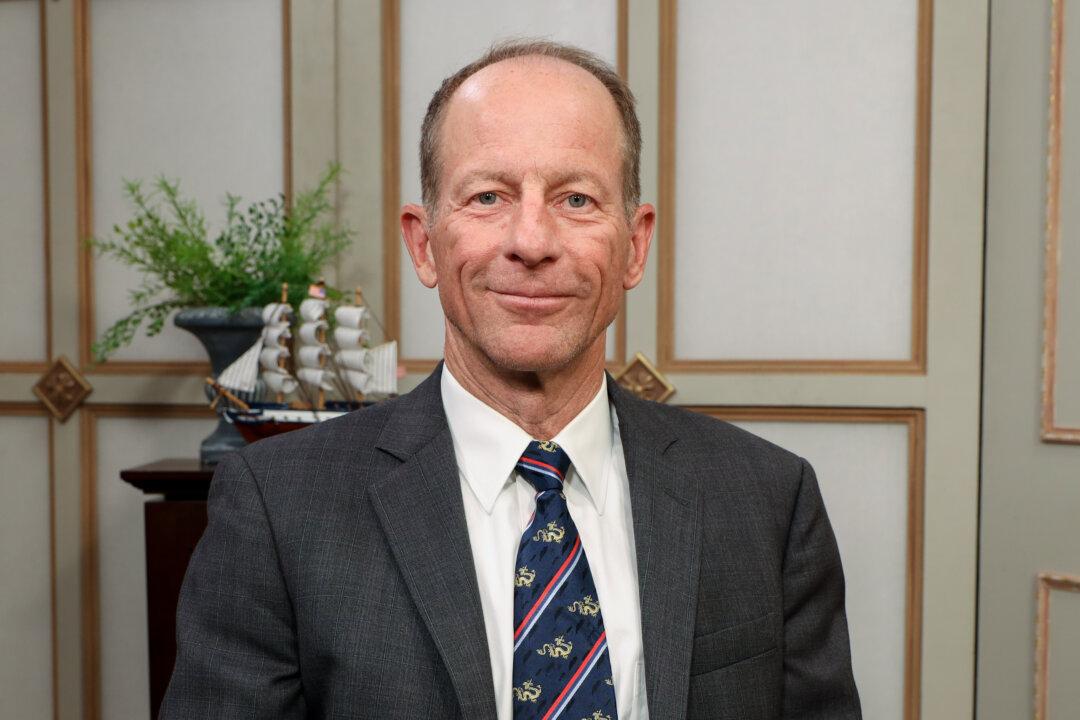The United States should apply a reciprocal strategy in relation to China, says former U.S. Assistant Secretary of State David Stilwell.
“The idea was that until you begin to live up to your commitments to cooperate, we’re going to treat you the exact same way you treat us. So reciprocity was the means, not the end,” Stilwell recently said on EpochTV’s “American Thought Leaders” program.





